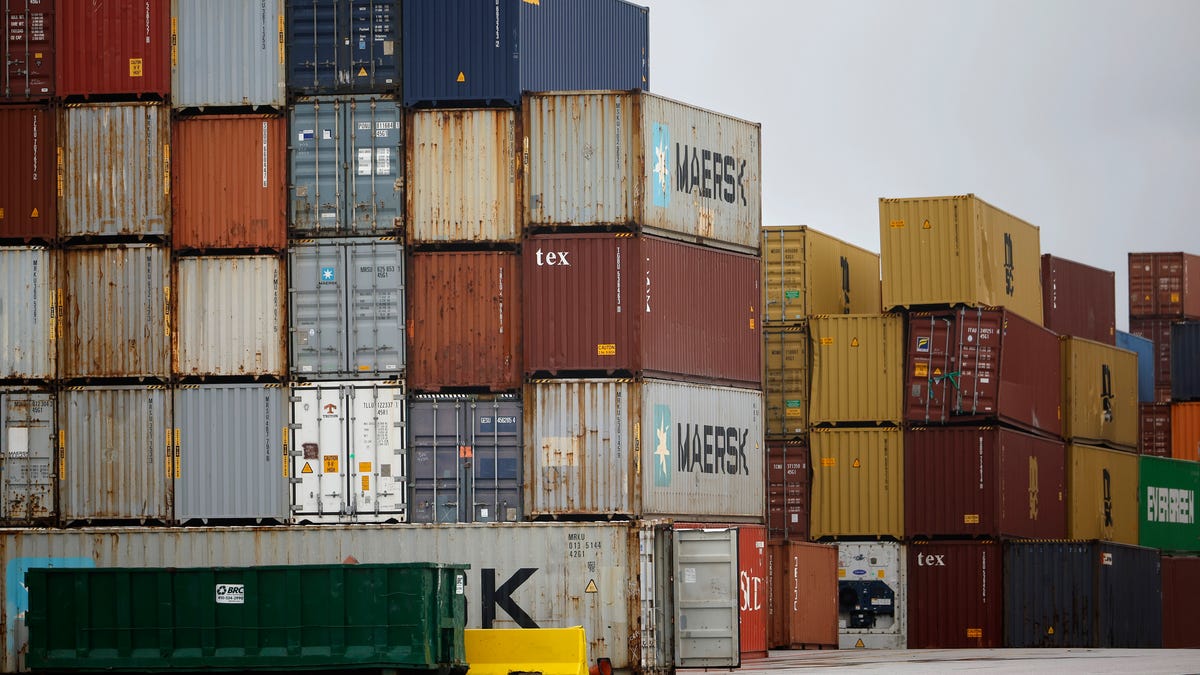In This Story
With the busy holiday shopping season around the corner, container companies are increasingly worried about how the U.S. port strike will play out.
Although container companies have built cushions for themselves in case of strikes, geopolitics, and other events that could potentially delay shipping, that padding won’t last forever, according to Christian Roeloffs, cofounder and CEO of Container xChange.
“The timing of this strike is especially challenging as we are in our traditional peak season,” Roeloffs said. “While many pulled forward shipments earlier this year to mitigate risks, stockpiled inventories will only cushion businesses for so long. If the strike continues for an extended period, we could see significant strain on container availability and shipping schedules.”
Container xChange is a global container marketplace that works with more than 1,500 shipping companies. One of their customers has warned it will be “nearly impossible” for container traders to secure containers in time for the holiday season.
Some 45,000 dockworkers across the East Coast and Gulf Coast officially went on strike Tuesday after negotiations between the International Longshoremen’s Association (ILA) and the United States Maritime Alliance (USMX), a group of companies operating at more than a dozen major ports, failed.
Ahead of the strike, Harold Daggett, president and chief negotiator for the ILA, warned that his union could “cripple” the U.S. economy. “Everything in the United States comes on a ship,” Daggett said in a video released by the union last month.
Container traders and leasing companies have expressed growing concern over the potential length and severity of the strike, according to Container xChange. Naturally, the longer the strike, the greater the impact on shipping.
Daggett has made it clear the union is prepared to remain on strike until the group’s wage demands are met — however long that may take.
“We’re going to fight for it, and we’re going to win, or this port will never open up again,” he said. “I’m not playing games here.”
The walkouts hit ports and facilities handling approximately 51% of the nation’s overall port capacity, according to the Mitre Corporation. The strike is expected to touch nearly all industries, delaying shipments of everything from foreign fruit to supplies for automakers and pharmaceutical companies.
The potential damage of such a strike is expected to cost somewhere between $1 billion and $5 billion per day, according to analysis from Container xChange and J.P. Morgan (JPM). Oxford Economics has said a prolonged strike could affect up to 100,000 jobs and reduce U.S. economic activity by between $4.5 billion and $7.5 billion for every week it persists.
The ILA is demanding higher wages and a salary that outpaces inflation — which is cooling after a long stubborn streak — and provides more than the small wage increases included in its last contract. The union is also calling for protection against automation and new technology in terminals.
It rejected USMX’s latest offer, which would boost wages by almost 50%, triple employer contributions to retirement plans, and retain the current language around automation.
The longshoremen have been backed by President Joe Biden and Labor Secretary Julie Su, who called for the parties to get back to the negotiating table and give workers the “benefits they deserve.” Democratic presidential candidate and Vice President Kamala Harris also expressed her support for the union.
Although former President and Republican candidate Donald Trump stopped short of endorsing the ILA, he expressed some support for their efforts.
As the strike — and its effects — continue to unfold, there will be further operational challenges on the horizon, said Rob Golliher, president and founder of container supplier Freedom Conex.
“We think this will impact us over the next couple of months by slowing down deliveries, and we suspect there may be more release issues at the depot due to lack of personnel,” Golliher said. “I don’t think it will be great for our customers or the industry.”
— Will Gavin contributed to this article.

